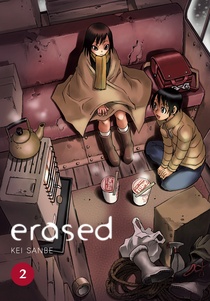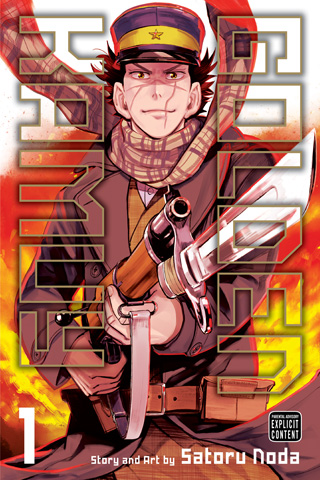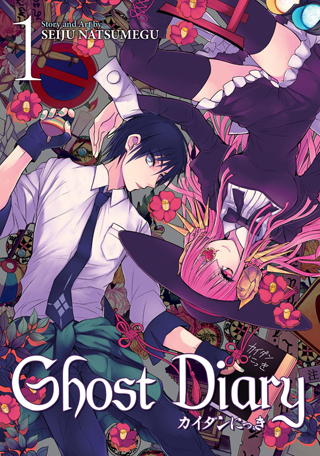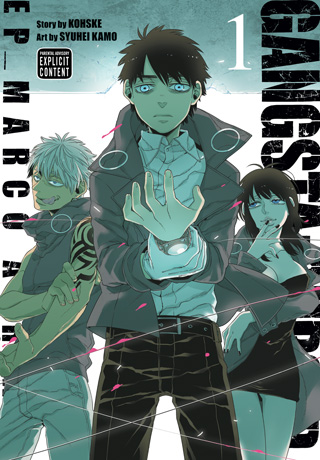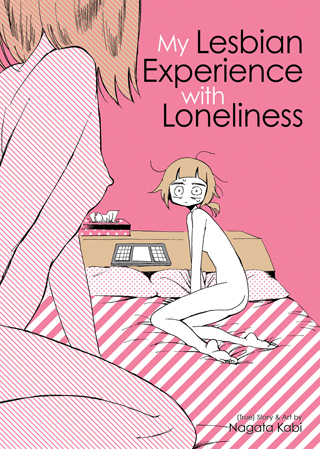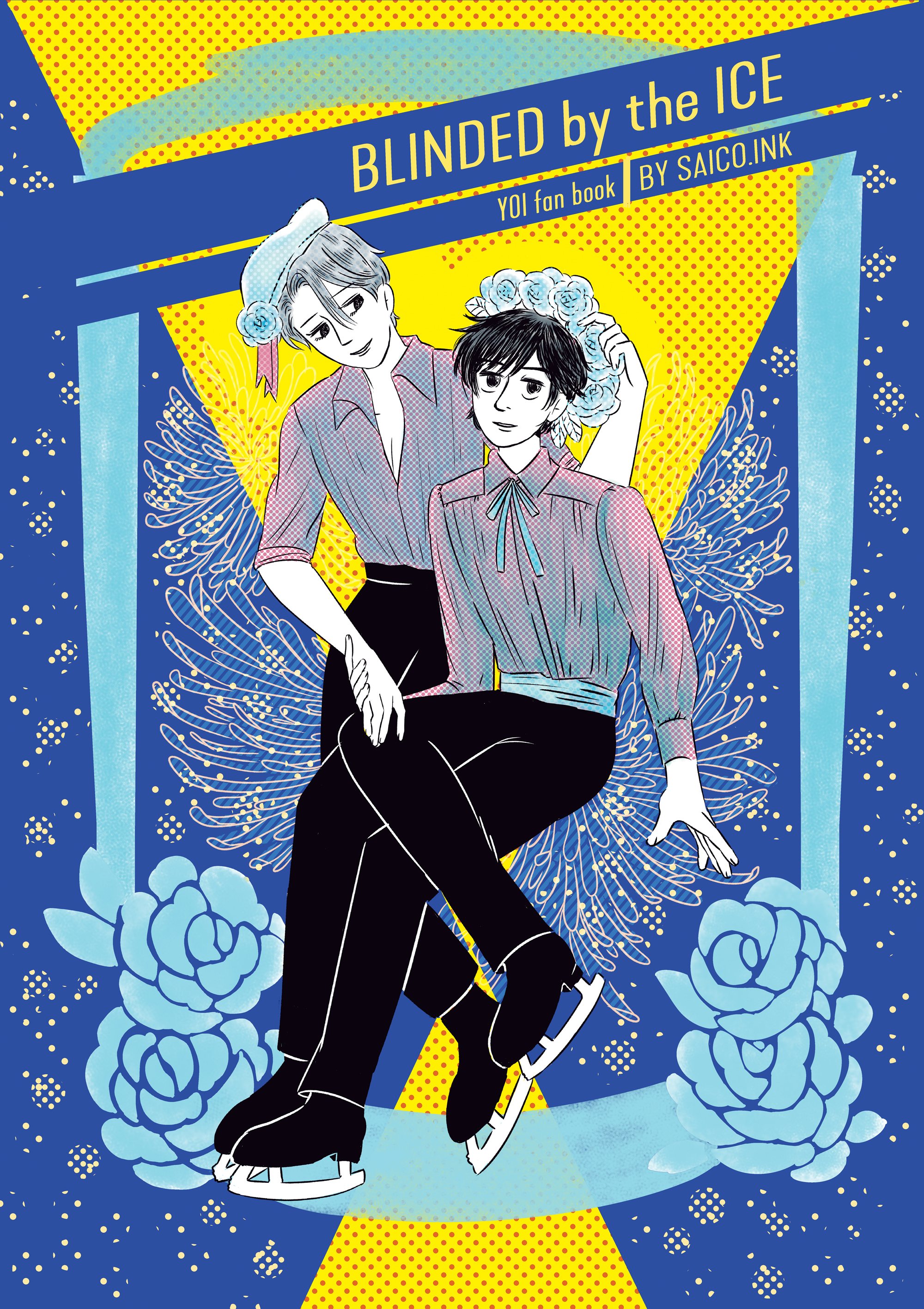My News and Reviews Last week at Experiments in Manga I announced the winner of the Summer Spookiness manga giveaway. The post also includes some of the manga available in English that incorporate …
Continue Reading about My Week in Manga: July 3-July 9, 2017 →
